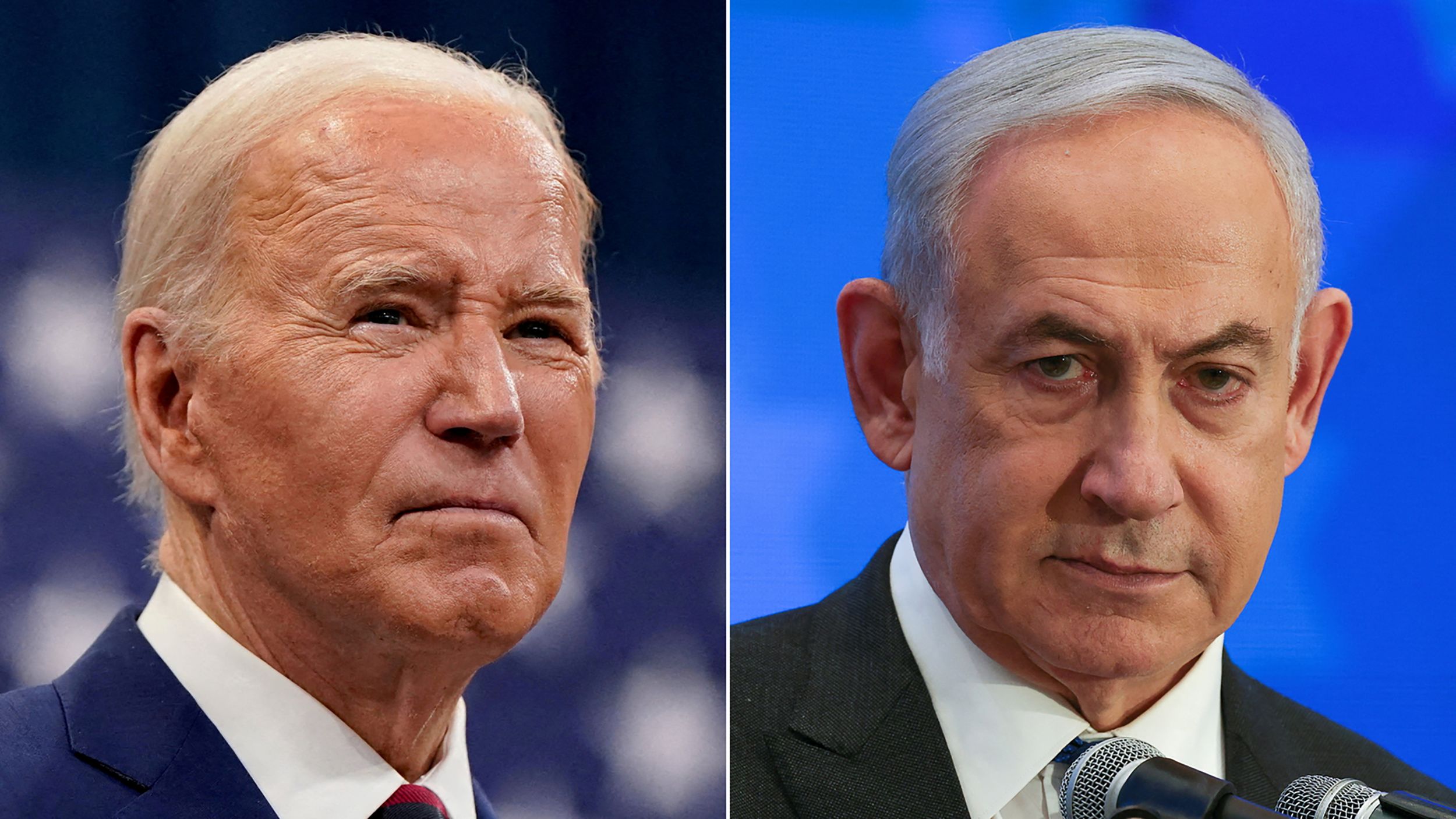President Joe Biden’s upcoming conversation with Israeli Prime Minister Benjamin Netanyahu on Thursday is not just a test of their strained relationship, but also a spotlight on the apparent contradiction in US policy towards the ongoing Gaza conflict. This conflict could potentially threaten both leaders’ political futures.
Despite Biden’s growing discontent with Netanyahu’s handling of the military offensive and its impact on civilians, including the recent killing of seven aid workers in Gaza, the US’s unwavering support for Israel remains unchanged. Simultaneously, the White House is pushing for changes in Israeli procedures to protect civilians, while also considering approving an $18 billion sale of F-15 warplanes to Israel, according to sources.
The call between Biden and Netanyahu, scheduled after the aid workers’ deaths, comes amid renewed concerns in Washington that Israel’s actions could ignite a regional conflict that Biden has been eager to avoid. Furthermore, both leaders are under immense domestic pressure, with seemingly irreconcilable political priorities.
Biden’s Tough Balancing Act
Biden’s tough-talking phone calls with world leaders are not uncommon. However, his upcoming conversation with Netanyahu is a critical juncture for both the Middle East and his presidency. The backdrop to the call is the US’s outrage over the killing of seven aid workers from World Central Kitchen in an Israeli strike in Gaza.
Despite increasing domestic and international pressure for Biden to do more to restrain Israel, the White House maintains its policy of supporting its ally in its response to Hamas terror attacks. However, there is no evidence that the US’s increasing frustration with Netanyahu and calls for Israel to do more to protect civilians are having any impact.
Netanyahu’s Political Peril
Netanyahu’s far-right coalition is on shaky ground. On Wednesday, Benny Gantz, Netanyahu’s rival and fellow war cabinet member, called for new elections in September. This followed the largest demonstrations against the Israeli leader since the start of the war. Netanyahu also faces controversy about exemptions to military service for attendees at Orthodox religious schools, which threatens to splinter his coalition.
The Middle East Tinderbox
The recent attack in Damascus that Iran says killed two senior Islamic Revolutionary Guard Corps commanders has added another crisis for the Biden administration to manage. The US has been working tirelessly to prevent the war from escalating, with only partial success. The risk now is that Iran may feel compelled to respond more robustly due to the visibility and symbolism of the Damascus attack.
Every development in the Middle East serves as a reminder for Biden that uncontrollable events pose a significant and growing risk to his hopes for a second term. Meanwhile, Netanyahu, facing his own political crisis, seems unwilling to assist.

